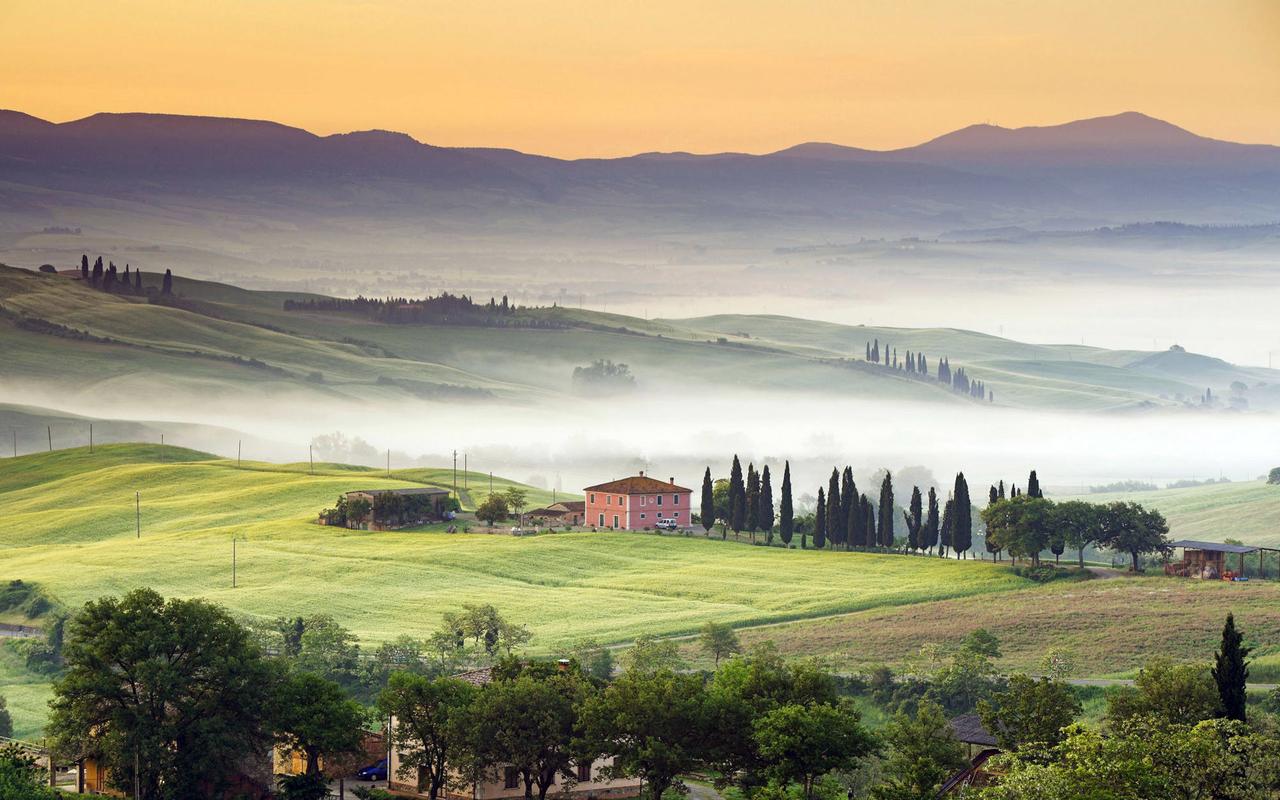Exploring Ghana’s Rich Cultural Traditions: A Journey Through Music, Dance, and Art
Ghana is known for its vibrant and diverse cultural traditions, which have been passed down from generation to generation. These traditions are celebrated through music, dance, and art, which are an integral part of Ghanaian culture. In this article, we will take a journey through Ghana’s rich cultural traditions and explore the significance of music, dance, and art in Ghanaian society.
The Significance of Music in Ghanaian Culture
Music is an essential component of Ghanaian culture. It is used to celebrate important milestones, such as weddings, funerals, and festivals. Traditional Ghanaian music is characterized by the use of drums, xylophones, stringed instruments, and vocals. The rhythms and melodies in Ghanaian music have a unique blend of African and Western influences.
One of the most popular forms of Ghanaian music is Highlife, which originated in the early 20th century. Highlife is a fusion of Western and African music styles and features trumpet, saxophone, and guitar solos. It is played at social gatherings such as parties and dances and has become a symbol of Ghanaian identity.
Another popular genre of music in Ghana is Hiplife, which emerged in the 1990s. Hiplife is a fusion of Highlife and hip hop and is characterized by its use of rap and Ghanaian languages. It has become a platform for Ghanaian youth to express their cultural identity and social issues such as poverty, corruption, and inequality.
The Importance of Dance in Ghanaian Culture
Dance is an integral part of Ghanaian culture and is used to celebrate various occasions such as weddings, funerals, and festivals. In Ghana, there are many different types of traditional dances, each with its unique style and meaning.
One of the most popular forms of dance in Ghana is Adowa, which originated from the Ashanti Region. Adowa is a graceful dance performed by women and is accompanied by handclaps, drums, and a gong. It is a symbol of Ghanaian femininity, and its movements are inspired by nature.
Kpanlogo is another popular dance in Ghana and originated from the Ga tribe in Accra. Kpanlogo is a high-energy dance characterized by its use of drums, shakers, and bells. It is a celebratory dance that is often performed at weddings and festivals.
The Role of Art in Ghanaian Culture
Art is an essential part of Ghanaian culture and is expressed through various forms such as textiles, pottery, sculpture, and painting. Ghanaian art is known for its vibrant colors, intricate designs, and rich cultural symbolism.
One of the most famous forms of Ghanaian art is Kente, which is a colorful, hand-woven cloth. Kente is worn on special occasions such as weddings, graduations, and funerals. Each thread in Kente has a symbolic meaning, making it a visual representation of Ghanaian culture and tradition.
Sculpture is another significant art form in Ghana, and it is characterized by its use of natural materials such as wood and clay. Sculptures often depict human figures, animals, or historical events and are used to tell stories and communicate cultural values.
Conclusion
In conclusion, exploring Ghana’s rich cultural traditions through music, dance, and art is a fascinating journey. Each art form tells a unique story and is a visual representation of Ghanaian values and traditions. Ghana’s cultural traditions have not only survived but have thrived, proving that they are an essential part of Ghanaian society. From Adowa to Kente to Highlife, Ghana’s cultural traditions have something for everyone and are a testament to the richness and diversity of African culture.
(Note: Do you have knowledge or insights to share? Unlock new opportunities and expand your reach by joining our authors team. Click Registration to join us and share your expertise with our readers.)
Speech tips:
Please note that any statements involving politics will not be approved.
